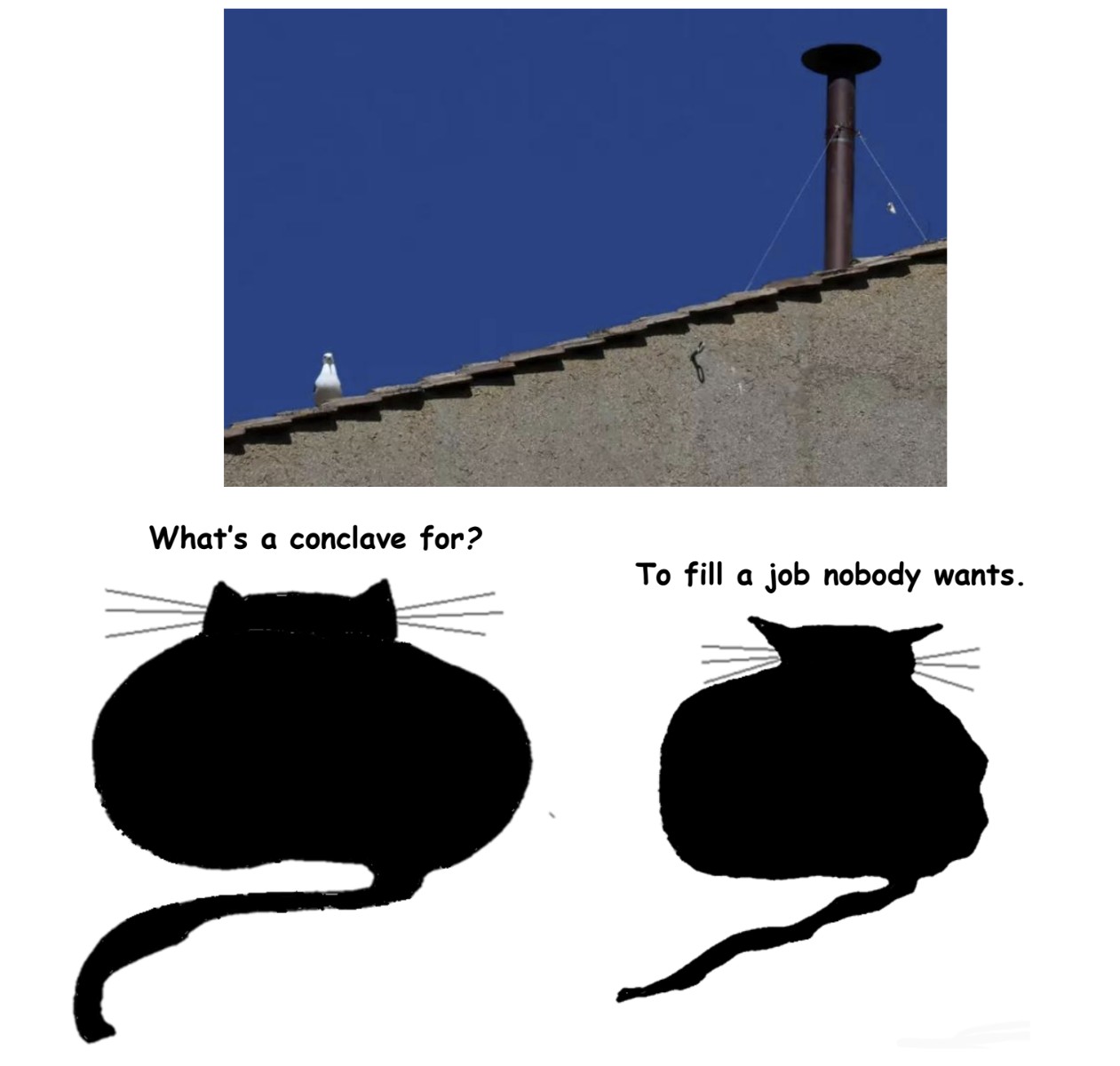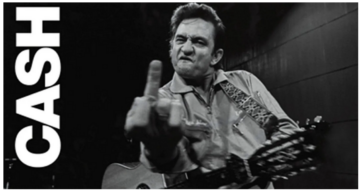by Nils Peterson
I
A friend sent me a day or two ago a poem that contained this story:
The Buddha tells a story of a woman chased by a tiger.
When she comes to a cliff, she sees a sturdy vine
and climbs halfway down. But there’s also a tiger below.
And two mice—one white, one black—scurry out
and begin to gnaw at the vine.
I was reminded, when I read it, of a guy who was a regular on late night talk shows in the 60’s. His first name was Alexander. [I refuse to look him up. Maybe it will come.] He had written a book entitled May This House Be Safe From Tigers and I was thrown back to my young days as a father when this was my prayer at those times I was driven to prayer. I guess I felt my wife and I and our daughters could survive small catastrophes, but we also knew that there were those that were overwhelming, the Tigers of the world, Tygers, really, that could and would maul or eat you. But we were blessed not that we didn’t have griefs, the deaths of parents, friends.
In my 80’s I became aware aware that tigers are very, very patient, are never altogether not there, and the vine where the black mouse and the white mouse gnaw grew thin. Our tyger was the ALS my wife was diagnosed as having.
The story goes on as her poem explains:
At this point
she notices a wild strawberry growing from a crevice.
She looks up, down, at the mice.
Then she eats the strawberry.
Well, what else is there to do but weep or eat the strawberry? The poem ends –
Oh, taste how sweet and tart
the red juice is, how the tiny seeds
crunch between your teeth.
And so we looked for strawberries. In Sweden, my ancestral country, wild strawberries are unbelievably delicious. They even have their own name, Smultron. Read more »

 Elif Saydam. Free Market. 2020.
Elif Saydam. Free Market. 2020.


 In a recent article, ‘
In a recent article, ‘





 Even if Ronald Reagan’s actual governance gave you fits, his invocation of that shining city on a hill stood daunting and immutable, so high, so mighty, so permanent. And yet our American decay has been so
Even if Ronald Reagan’s actual governance gave you fits, his invocation of that shining city on a hill stood daunting and immutable, so high, so mighty, so permanent. And yet our American decay has been so 



 Mulyana Effendi. Harmony Bright, in Jumping The Shadow, 2019.
Mulyana Effendi. Harmony Bright, in Jumping The Shadow, 2019.